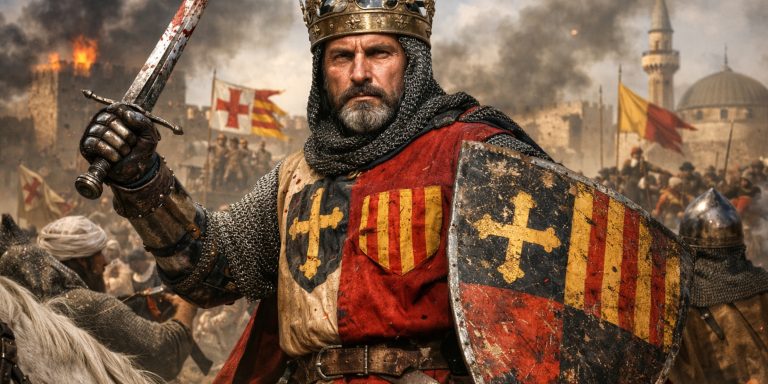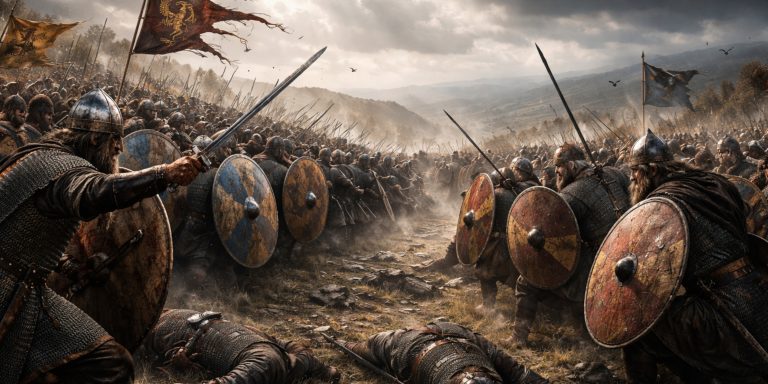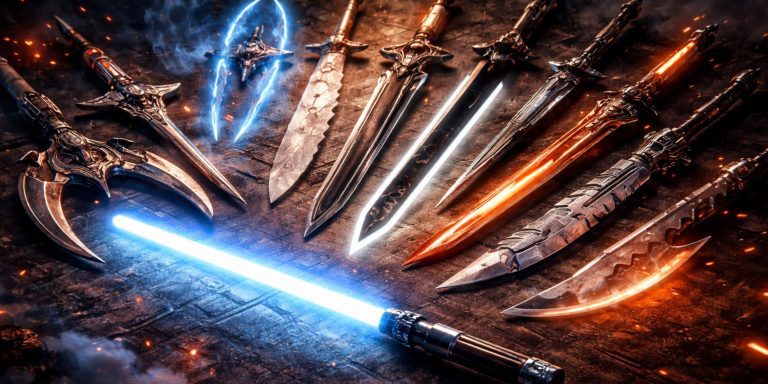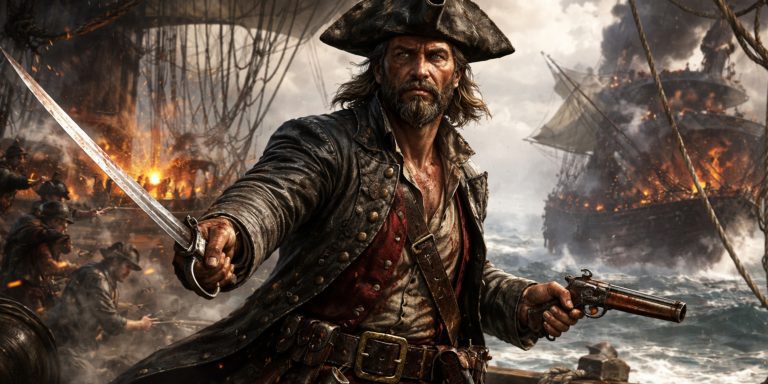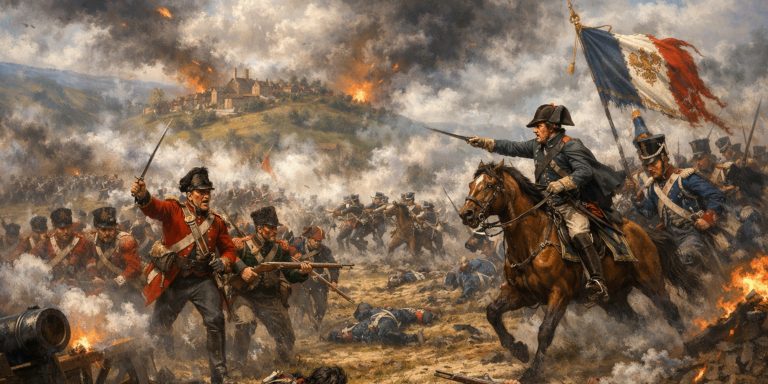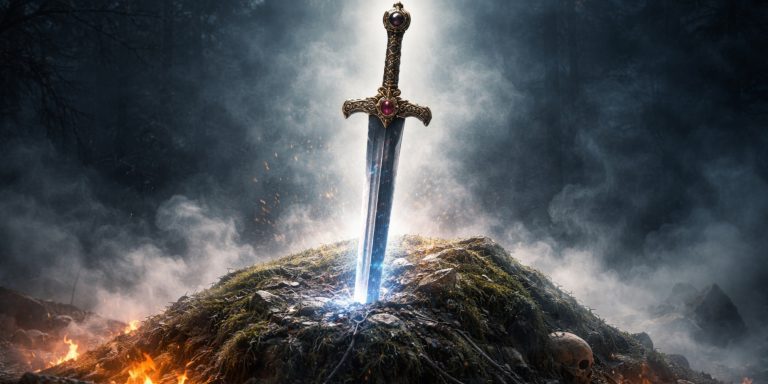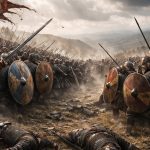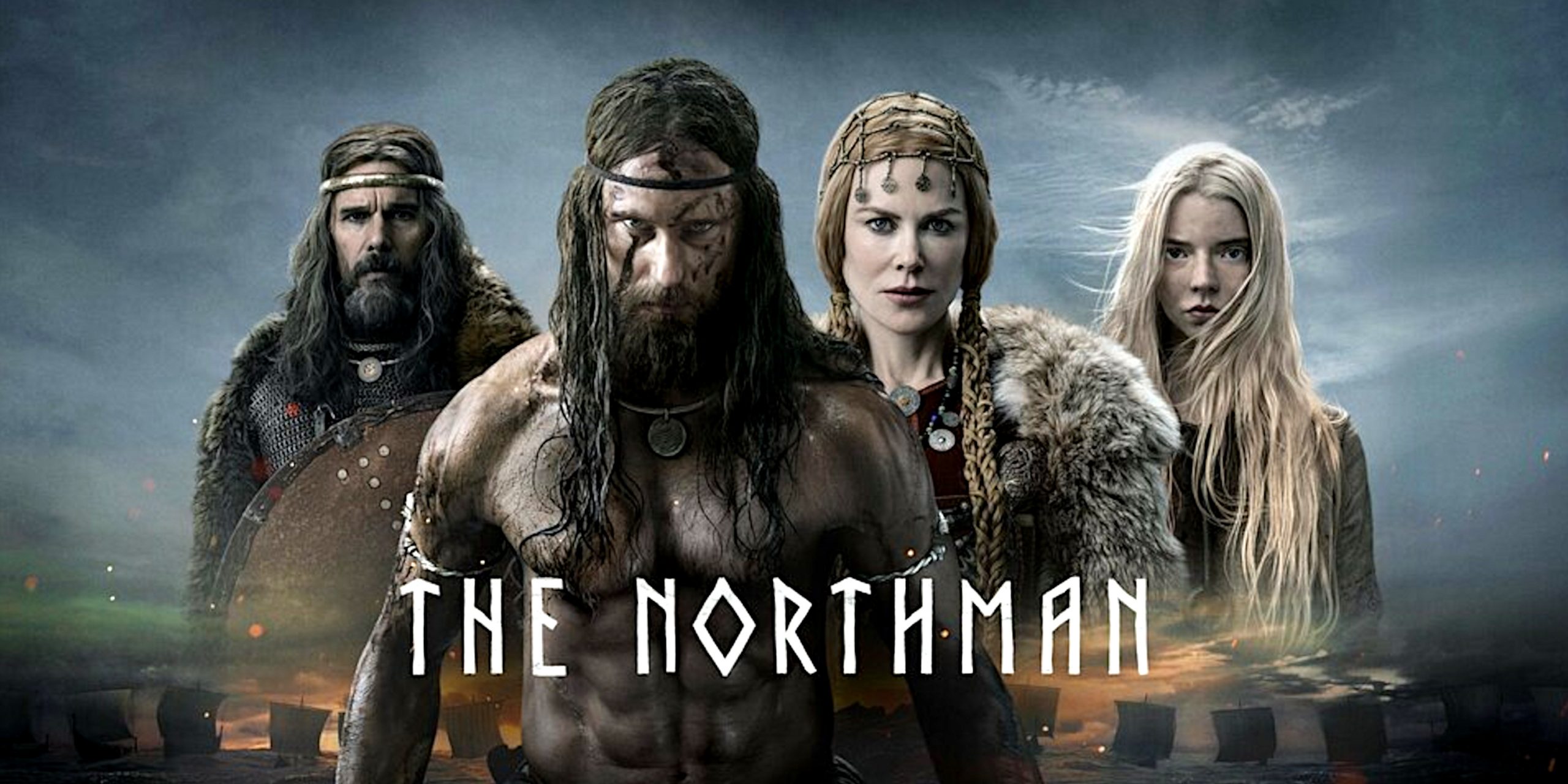
When The Northman hit cinemas in 2022, it was supposed to be the Viking epic that would finally merge blockbuster spectacle with historical depth. What audiences got instead was a feverish mix of myth, mud, and misery. Some people left the theatre calling it a masterpiece. Others just wanted subtitles and closure. Yet while general audiences were divided, historians and history nerds practically cheered.
The Viking Vision That Wasn’t Marvel Enough
Most viewers walked in expecting something like Gladiator with axes. What they got was closer to a Norse hallucination. Robert Eggers doesn’t do simple revenge arcs or glossy hero shots. He builds worlds that feel lived-in, reeking of smoke and fear. The Northman’s dialogue, rituals, and landscapes weren’t meant to look cinematic but believable, often to a fault.
This authenticity threw off casual viewers who expected fast pacing or emotional catharsis. The story is basically Hamlet before Shakespeare cleaned it up, and Eggers plays it straight. No wink, no modern sentiment, no easy moral payoff. It’s brutal, pagan, and deeply weird.
Why Historians Loved Every Grimy Frame
To historians, though, this film was a gift. The clothing, the architecture, the boat construction, the chanting, all of it showed obsessive research. The runic inscriptions were correct. The burial rituals matched what’s known from Icelandic sagas and archaeological digs. Even the farm layouts looked authentic to the 10th century.
The movie didn’t romanticise Viking life. It showed the hierarchy, the slavery, the violence, and the belief systems that governed everything. There’s no shiny warrior code here, only fatalism and ritual. For once, the Viking world wasn’t filtered through fantasy aesthetics or Marvel filters. It was raw and deeply human.
The Clash Between Myth and Expectation
What really caused the divide was tone. Eggers shot The Northman like an ethnographic fever dream, blurring the line between myth and reality. One moment, you’re watching a historically grounded scene of a farm raid. The next, a Valkyrie is screaming through the clouds. Historians saw this as an accurate portrayal of how Norse people experienced their world, where gods and fate were as real as the earth beneath them.
For audiences trained on clean realism, it felt confusing. The mythic visions weren’t explained because, for the characters, they didn’t need to be. Eggers wasn’t asking viewers to believe in Norse myth but to understand how it shaped every action.
The Price of Authenticity
There’s a reason most historical epics fudge details. Accuracy slows things down. It demands silences, awkwardness, and scenes that feel alien to modern viewers. Eggers embraced that alienation. He wanted people to feel the distance between then and now. It’s what made the film powerful for scholars and impenetrable for popcorn crowds.
In many ways, The Northman isn’t entertainment, it’s a cinematic excavation. And like any excavation, it’s messy, painstaking, and filled with mud before you find meaning.
The Seven Swords Verdict
The Northman might never win over everyone, but it doesn’t have to. It’s a film made with conviction, one that treats Viking history with reverence rather than repackaging it for memes or merchandising. Eggers didn’t give us heroes. He gave us a glimpse of what humanity looked like when myth and survival were the same thing.
For historians, that’s as close to time travel as cinema gets. For everyone else, well, there’s always Thor: Ragnarok.
Whatch the Trailer:

